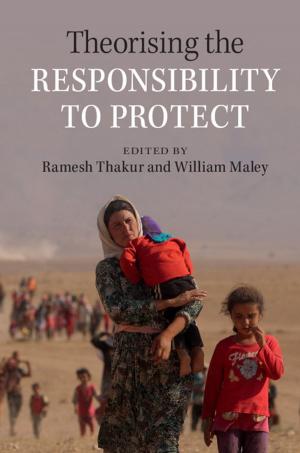The Morality of Knowledge in Conversation
Nonfiction, Reference & Language, Language Arts, Linguistics, Social & Cultural Studies, Social Science| Author: | ISBN: | 9781139179232 | |
| Publisher: | Cambridge University Press | Publication: | June 2, 2011 |
| Imprint: | Cambridge University Press | Language: | English |
| Author: | |
| ISBN: | 9781139179232 |
| Publisher: | Cambridge University Press |
| Publication: | June 2, 2011 |
| Imprint: | Cambridge University Press |
| Language: | English |
Each time we take a turn in conversation we indicate what we know and what we think others know. However, knowledge is neither static nor absolute. It is shaped by those we interact with and governed by social norms - we monitor one another for whether we are fulfilling our rights and responsibilities with respect to knowledge, and for who has relatively more rights to assert knowledge over some state of affairs. This book brings together an international team of leading linguists, sociologists and anthropologists working across a range of European and Asian languages to document some of the ways in which speakers manage the moral domain of knowledge in conversation. The volume demonstrates that if we are to understand how speakers manage issues of agreement, affiliation and alignment - something clearly at the heart of human sociality - we must understand the social norms surrounding epistemic access, primacy and responsibilities.
Each time we take a turn in conversation we indicate what we know and what we think others know. However, knowledge is neither static nor absolute. It is shaped by those we interact with and governed by social norms - we monitor one another for whether we are fulfilling our rights and responsibilities with respect to knowledge, and for who has relatively more rights to assert knowledge over some state of affairs. This book brings together an international team of leading linguists, sociologists and anthropologists working across a range of European and Asian languages to document some of the ways in which speakers manage the moral domain of knowledge in conversation. The volume demonstrates that if we are to understand how speakers manage issues of agreement, affiliation and alignment - something clearly at the heart of human sociality - we must understand the social norms surrounding epistemic access, primacy and responsibilities.















